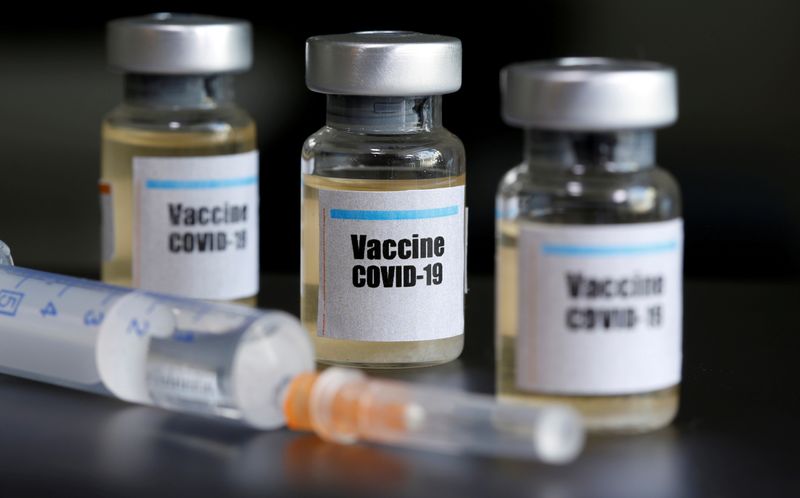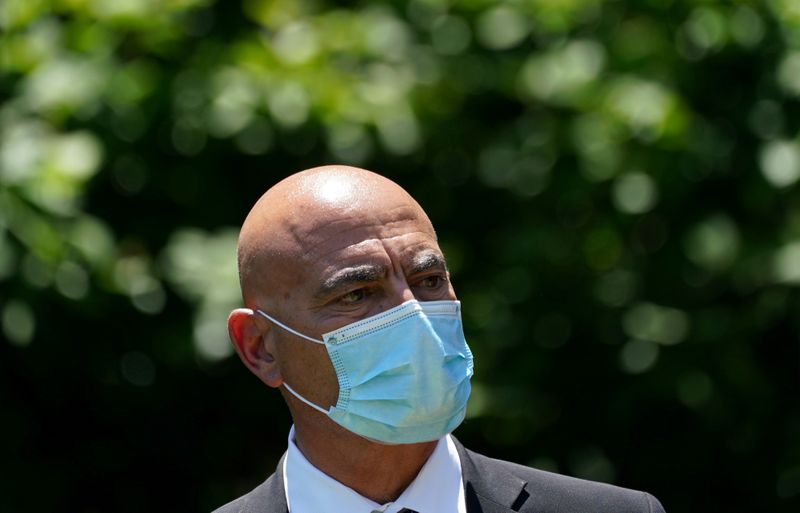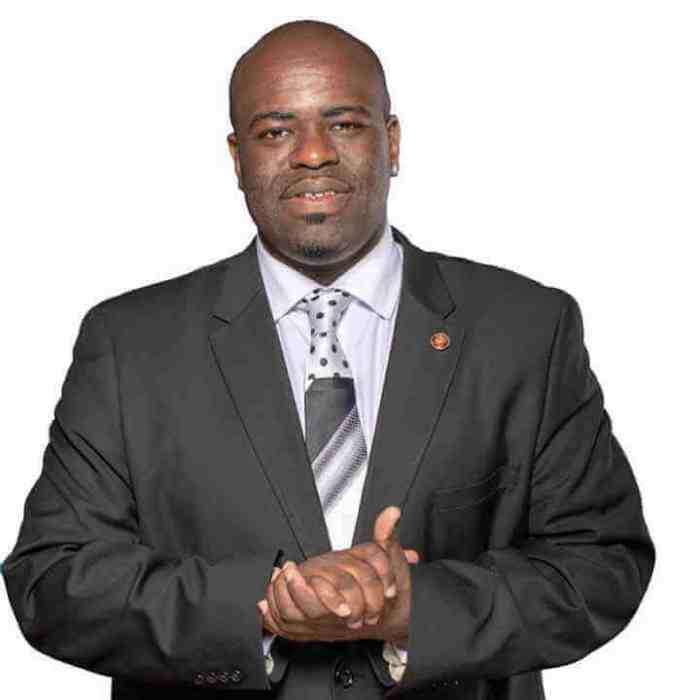CHICAGO (Reuters) – A group of physicians and scientists are urging the U.S. government to include Black, Latino and indigenous Americans in the design and implementation of COVID-19 vaccine trials in hopes of building trust among these at-risk populations.
Without such actions, populations most in need of the vaccine may be reluctant to take it, Dr. Richard Baron, chief executive of the American Board of Internal Medicine(ABIM) and colleagues, said in an open letter seen by Reuters to the head of Operation Warp Speed, the White House program set up to accelerate coronavirus vaccine development.
Baron is president of the ABIM Foundation which backed the successful “Choosing Wisely” campaign to reduce the overuse of unnecessary tests.
“We believe that it is entirely predictable that many Americans – especially Black, Latinx and indigenous people – will not take a vaccine, however safe and scientifically proven it may be, if they do not have trust in the process and people that produced it,” according to the letter sent on Thursday.
According to a Reuters/Ipsos poll in May, only half of Black Americans, who represent a disproportionate percentage of coronavirus deaths, said they were somewhat or very interested in taking a vaccine, perhaps reflecting memories of an infamous U.S. government study that left black men deliberately untreated for syphilis.
To build trust, Baron said government researchers need to include community and faith leaders to help shape everything from vaccine development, distribution to communications strategies and make those visible publicly.
Warp Speed officials did not immediately respond to a request for comment.
Col. Nelson Michael, director of the U.S. Army’s Center for Infectious Disease Research, told Reuters in June that the Warp Speed team was looking into ways to engage community leaders, noting that Black Americans have “warranted skepticism about medicine and particularly the military, so Operation Warp Speed is not going to be an easy sell.”
(Reporting by Julie Steenhuysen; editing by Diane Craft)























